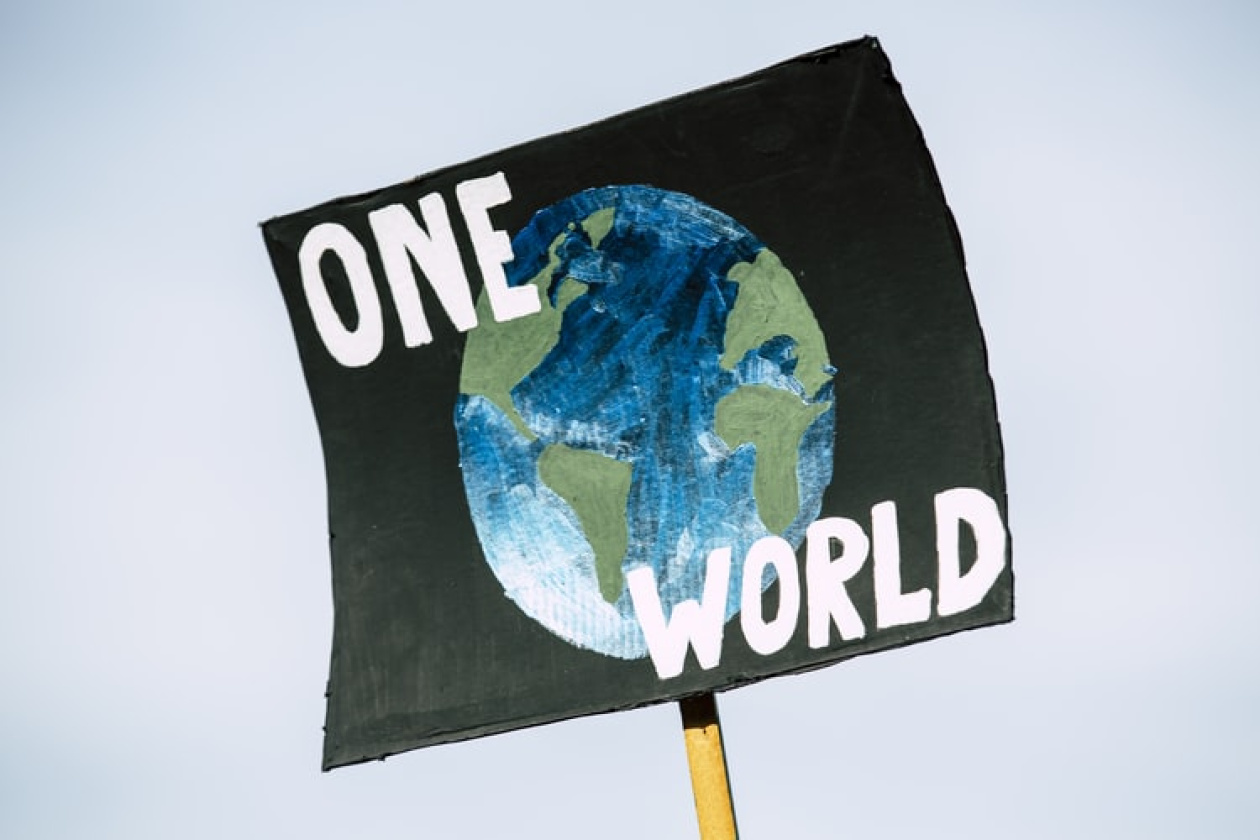 © Markus Spiske - Unsplash
© Markus Spiske - Unsplash
Fighting climate change: what is the EU doing?
Last updated on Thursday, 01/10/2020
We all have a duty to combat climate change. What is the European Union doing to face this problem? What about international organisations?
Climate change is the result of transformation in our weather patterns caused by an increase in Earth's average temperature. The observed changes in Earth’s climate are already having wide-ranging impacts on ecosystems, the economy and on human health and well-being in Europe. New records continue to be set on temperatures, sea levels and reduced sea ice in the Arctic.
What is the European Union doing?
The European Union is fighting climate change through ambitious policies at home and close cooperation with international partners. It is also the world's largest contributor to international climate finance.
The EU has adopted a long-term strategy for a climate neutral Europe by 2050 with goals for 2020, 2030 and 2050 and monitors progress. EU greenhouse gas emissions were reduced by 23% between 1990 and 2018, while the economy grew by 61% over the same period.
The European Commission has put climate change on top of its political agenda with the European Green Deal, disclosed in December 2019 by President Ursula von der Leyen. The European Green Deal has the primary goal of making Europe the first climate-neutral continent by 2050. Key measures range from ambitiously cutting emissions, to investing in cutting-edge research and innovation, to preserving Europe’s natural environment.
Many EU laws and initiatives are in place to reduce greenhouse gas emissions and embark on the transition toward climate neutrality. he EU has also developed pedagogical resources such as “Our Planet Our Future” and offers funding to youth organisations and young people (see other articles in this section).
What about international organisations?
International organisations such as the United Nations are leading the way to find global solutions.
In 1992, countries adopted the United Nations Framework Convention on Climate Change (UNFCCC), which sets the overall framework for global action on climate change. Almost all countries of the world are also Parties to the 2015 Paris Agreement, which aims to limit global warming to well below 2°C and pursue efforts to limit it to 1.5°C compared to pre-industrial times, as well as strengthen countries’ ability to deal with the impacts of climate change and support them in their efforts. These international agreements are discussed at the annual Conferences of the Parties (COP).
In 2015, the UN Member States adopted the 2030 Agenda for Sustainable Development, which provides a shared blueprint for peace and prosperity for people and the planet. At its heart are the 17 Sustainable Development Goals (SDGs), which are an urgent call for action by all countries. A healthy environment plays a key role in meeting many of the SDGs while Goal 13 sets to “Take urgent action to combat climate change and its impacts”.
Alongside this political action, United Nations organisations run several campaigns in which you can also take part as a citizen, such as:
- #WorldEnvironmentDay: a yearly campaign for encouraging worldwide awareness and action to protect our environment.
- #BreatheLife: a campaign that mobilises cities and individuals to protect our health and our planet from the effects of air pollution, carried in partnership with the WHO, World Bank and Climate Clean Air Coalition.
- #CleanSeas: a campaign calling for action to tackle marine plastic pollution
Fighting climate change is not only a responsibility but also an opportunity and, of course, every one of us can take action! Check other articles in this section to discover what other young people are doing to save our planet and what you could do.